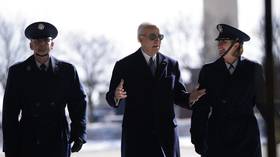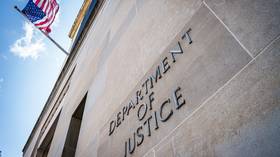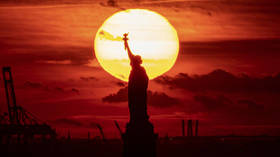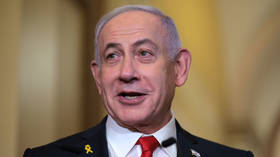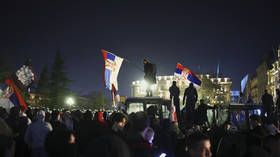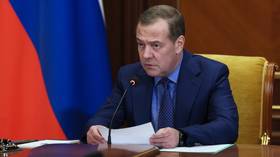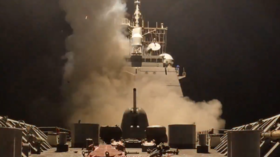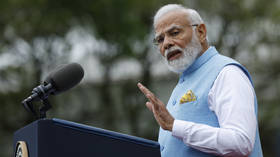“Russia will continue pushing for new European security body” – Medvedev
Dmitry Medvedev has said that, despite the US decision to scrap the plan for a missile shield in Eastern Europe, the continent still needs a new universal security framework.
The head of the Russian state was speaking at a news conference following his talks with Czech counterpart Vaclav Klaus in his Barvikha residence outside Moscow on Wednesday.
“Despite the easing of tensions, the solving of several problems, and the recognition of a multipolar world order by key international players, it seems sensible to me to set up such a system, and we will promote this idea further,” Dmitry Medvedev stressed.
Back in summer 2008, the Russian president came up with the proposition to create an organization ensuring peace in Europe, in which no state or organization would have a monopoly.
“Not all European security issues can be solved by the existing institutions. I mean any institutions – be it the European Union, NATO, the OSCE or CIS; or for the post-Soviet states – the Collective Security Treaty Organization. I think that we lack common platforms to address these issues,” he explained.
Medvedev compared the new security body with the Group of 20 developed and developing nations, whose role has become more prominent since the onset of the current global economic crisis.
Czech president Vaclav Claus welcomed the thaw in the relations between Russia and the US and the end of the dispute over Washington’s plans to create a missile shield in Eastern Europe.
The US radar in the Czech Republic and a missile base in Poland were aimed at tackling the Iranian threat, according to the US administration, but Russia saw the move as a threat to its national security.
The plan was also consented by Prague, which strained Russian-Czech ties. However, US President, Barack Obama scrapped the missile shield plans in September.
“I feel tensions are subsiding. I am happy about this,” Vaclav Claus said.
No Europe energy monopoly for Russia
Energy was also on the agenda during the talks as Czech Republic is an important transit country on the way of Russian gas to consumers in the Western Europe.
Dmitry Medvedev stressed that Russia doesn't want to become the sole energy supplier to Europe and supports the idea of multiple suppliers.
Both presidents asserted that Russia and Czech Republic have a lot in common in their approach to the new European Energy Charter.
Claus agreed with his counterpart’s position that “the document should reflect the interests of suppliers, customers and transit countries.”
Medvedev said that all European nations, including the Czech Republic, must take part in the development of the document.
Earlier the Russian leader said his country won’t sign the Energy Charter Treaty in its current reading, pointing out the need for the new document.



